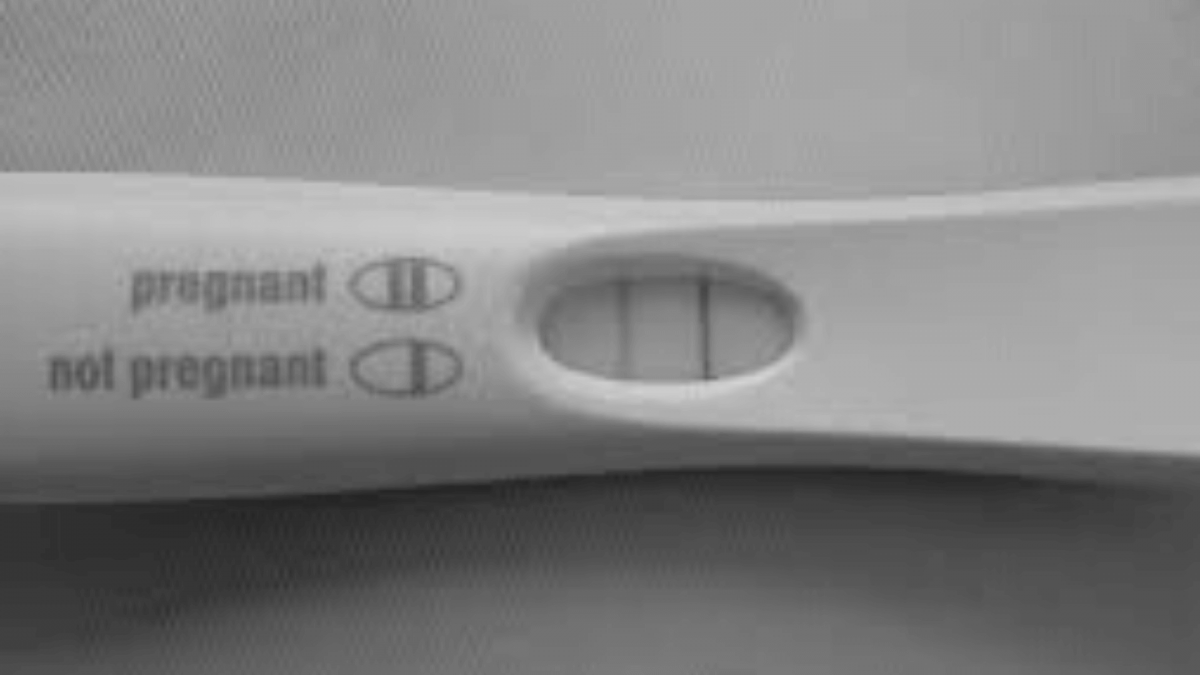Pregnancy is physically demanding! For 40 weeks your body will be shared with another person who’s every need depends on your body. And then they are born! Generally speaking, you should be in good physical health before trying to get pregnant. What does that mean? What can you do to increase your likelihood of getting pregnant and having a healthy pregnancy? Whether you will be preparing yourself for conception with or without a partner, the following tips may be helpful.
Preparing Yourself for Conception
Before getting into things, I would like to say that the information below is from:
- Center for Disease Control (CDC)
- Mayo Clinic
- other reputable sources (which are linked at the bottom)
They represent the most commonly accepted bits of advice for conception preparation at this time.
Meet with Your Doctor Before You Start Trying
As mentioned above, pregnancy is demanding! It is not a bad idea to schedule a physical to review your overall health. If you are taking any medications, vitamins, or supplements, let your doctor know. They can let you know if they are safe to take during pregnancy.
Do you have family members with genetic conditions? Now would be a good time to bring that up as well. Depending on the condition your doctor may recommend genetic counseling.
As part of the physical your doctor may order blood work. This checks for any deficiencies that should be addressed prior to pregnancy, etc.
Do What You Can to Prevent Sexually Transmitted Infections
If you’re ready to start trying to get pregnant, it is a little late to be hearing this. But we would be remiss if we did not say that it is always a good idea to practice safe sex. Some sexually transmitted infections, like chlamydia and gonorrhea, can damage your fallopian tubes and uterus. If you have a history of any STI, let your doctor know – it is still pertinent.
Get Enough Folic Acid
Folic acid ensures proper neural tube formation in fetal development. The neural tube closes between weeks four and six of pregnancy. By the time you find out you are pregnant and go for your eight week appointment, the crucial window for folic acid supplementation has passed. The CDC recommends women consume 400mcg of folic acid for at least one month prior to trying to conceive. Many doctors recommend all women of childbearing age take this amount daily because accidents happen and birth control fails.
Folate (the naturally occurring version of folic acid) is a B vitamin. B9 to be exact. Adequate levels of B vitamins increase your overall chances of getting pregnant. If your B9 is from a supplement, it is recommended to look for a supplement that contains methyl folate. This version does not need to be converted by your body to active folate. Therefore, it can be used immediately. Individuals who have a methylene tetrahydrofolate reductase (MTHFR) gene mutation have a reduced ability to convert folic acid to folate. Ask your doctor which supplement is right for you.
Stay Healthy!
This is such a broad category. The recommendations include:
- reduce your stress and anxiety. High stress levels are linked to having more difficulty conceiving.
- avoid caffeine and alchohol. The recommendation for caffeine consumption is <200mg daily when trying to conceive. Alcohol consumption can decrease your chance of getting pregnant by >50%!
- stop smoking. On average, women who smoke take ~2 months longer to conceive than non-smokers.
- maintain a healthy weight and diet.
Have Sex Regularly
Yes, you read that correctly. Having sex regularly can reduce stress levels in you and your partner. You can also use ovulation tests to ascertain your fertile window. This window is typically between 12 and 14 days before the start of your next period. These tests detect a spike in lutenizing hormone (LH).
Once you have established your ovulation pattern, you can aim to have sex 1-2 days before you are supposed to ovulate and again on the day you are ovulating.
Other Blogs You May Like
Pass the Mommy Juice! | The Dangerous Mommy Wine Culture
Do Not Ask for Vaccination Advice in Mom Groups
Picking a Pediatrician: What Parents Should Consider
Additional Reading and Resources
7 Ways to Boost Your Fertility
Female Infertility
Planning for Pregnancy
This blog is for informational purposes only. It does not diagnose, treat, cure, or prevent any disease or condition. This blog is not medical advice and does not substitute consultation with a medical professional.

